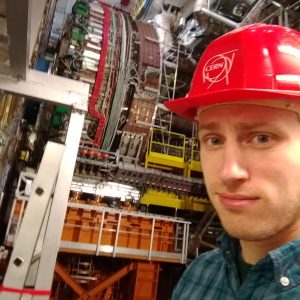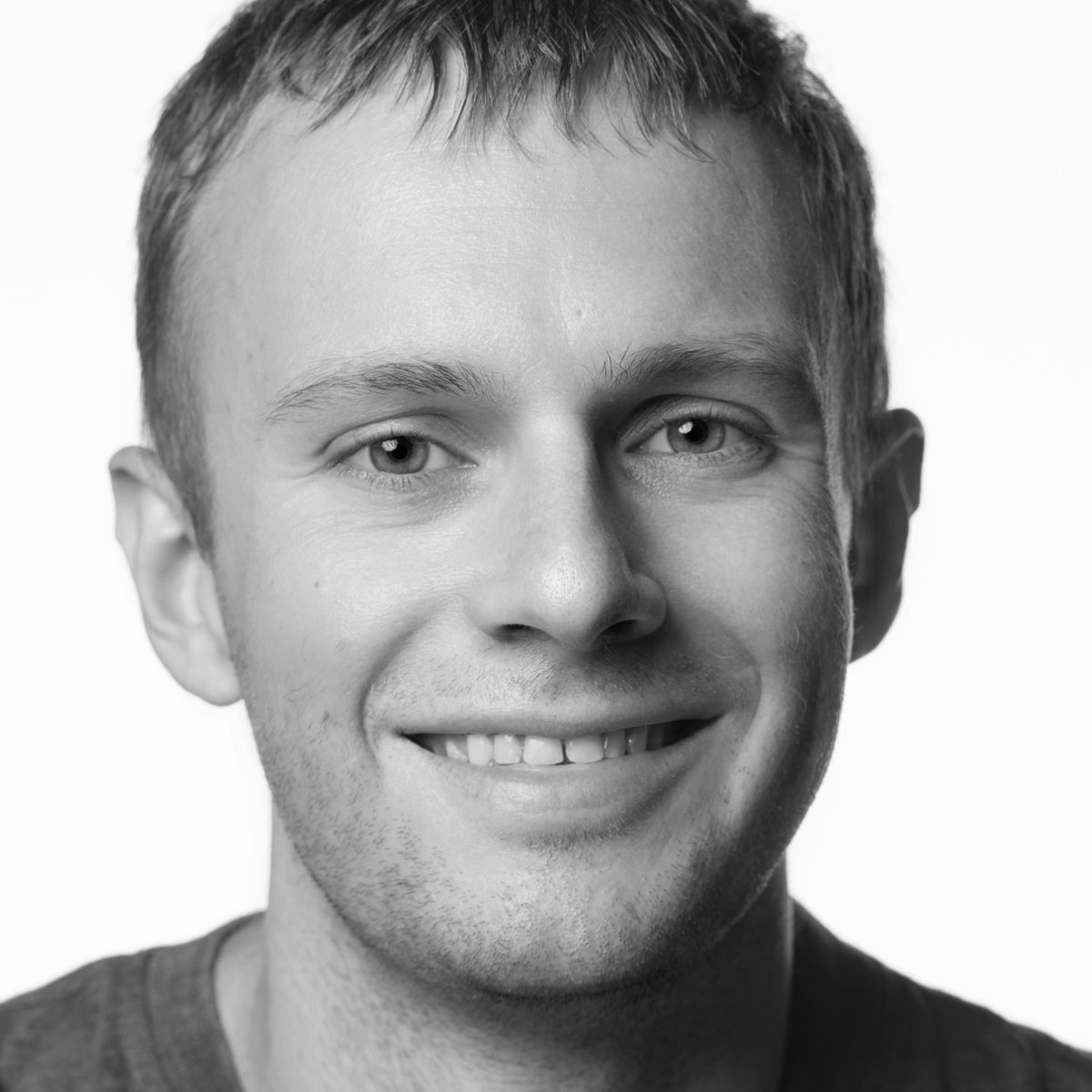High Energy Physics (Experimental)
The main focus of our research is with the LHCb and ATLAS experiments at the LHC and with the current and future neutrino experiments MicroBooNE and DUNE. As a member of one of these collaborations you will benefit from access to rich and varied datasets and you will have the opportunity to make leading contributions to the analysis of a physics topic chosen with your supervisor. You will develop new analytical skills and learn state-of-the-art methods for the exploitation of the data. You will be part of a large and dynamic international collaboration with many opportunities to engage with your co-researchers both in Cambridge and at CERN or Fermilab.
Our group also plays a leading role in R&D activities for future detectors and upgrades with an emphasis on silicon sensors for tracking and single-photon-sensitive sensors for particle identification and we encourage our students to become involved in our R&D work. We are currently offering a PhD studentship jointly with RAL to explore novel techniques to exploit high precision timing information for a future LHCb RICH upgrade.
A selection of possible experimental projects is presented here
High Energy Physics (Theoretical)
Our group is interested in a range of theoretical problems with a phenomenological emphasis (that is, with relevance to current or future experiments). We have close contacts with the Cavendish experimental high energy group and with the more mathematical theory group in the Department of Applied Mathematics and Theoretical Physics (DAMTP). There are also collaborative projects with groups at CERN and elsewhere in Europe and the UK.
See also:
Current research interests include:
- Search strategies at the LHC for new physics beyond the Standard Model, for example supersymmetry, black holes etc.
- The development of improved Monte Carlo simulations for high-energy collisions incorporating higher-order perturbative corrections.
- Determination of the probability distributions of partons in the proton to high accuracy, with particular emphasis on implications for LHC physics.
- The effective Lagrangian approach to understanding Quantum Chromodynamics at low energies, and its application to the properties and interactions of hadrons.
More details on possible projects are available here.
Meet some PhD Students working on this theme

David Rousso
Supervisor: Dr. Tina Potter
Funding: Gates Cambridge Scholarship
Nationality: Canada
Previous Degree(s):
I am trying to search for long-lived particles in the ATLAS detectors that may be candidates for dark matter by looking for displaced vertices.

Holly Pacey
Lorem ipsum dolor sit amet, consectetur adipiscing elit. Ut elit tellus, luctus nec ullamcorper mattis, pulvinar dapibus leo.
Lorem ipsum dolor sit amet, consectetur adipiscing elit. Ut elit tellus, luctus nec ullamcorper mattis, pulvinar dapibus leo.

Fionn Bishop
Lorem ipsum dolor sit amet, consectetur adipiscing elit. Ut elit tellus, luctus nec ullamcorper mattis, pulvinar dapibus leo.
Lorem ipsum dolor sit amet, consectetur adipiscing elit. Ut elit tellus, luctus nec ullamcorper mattis, pulvinar dapibus leo.

Rupert Tombs
Supervisor: Dr. Chris Lester
Funding: UK Research Council - STFC CDT
Nationality: UK
Previous Degree(s):
I histogram data made by Atlas, a titanic particle detector on the Large Hadron Collider. With international collaborators, I think about which histogramming will best test our physical models. We dream that, on one fateful day, our histograms will contradict the current standard model of particle physics.

Stefano Vergani
Supervisor: Dr. Melissa Uchida
Funding: UK Research Council - STFC CDT
Nationality: Italy
Previous Degree(s):
I apply sophisticated data analysis techniques to study neutrinos, which are among the most elusive particles in the universe.

